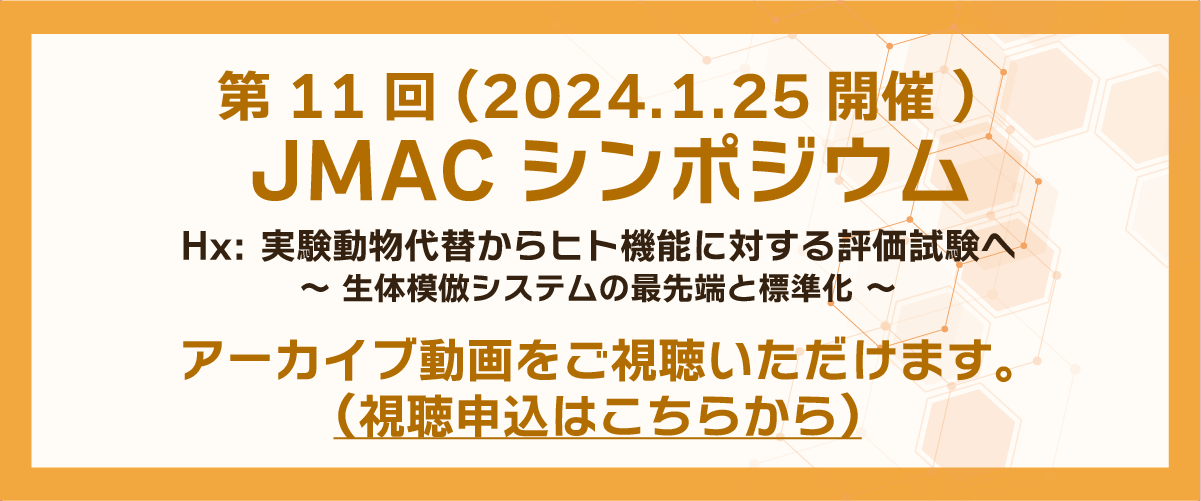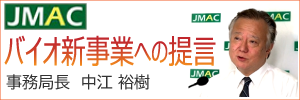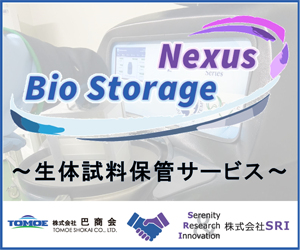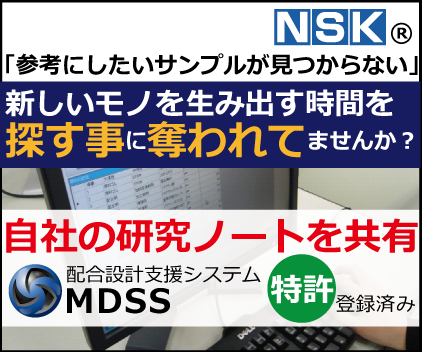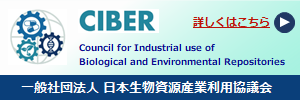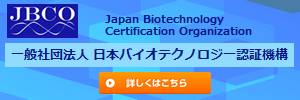Mission of the JMAC Consortium
Background
Biotechnology has long been expected to become an important industry, but biotechnology companies continue to struggle. Within large companies, bio-businesses are often seen as having future potential, but due to disappointing short-term earnings they are often sacrificed in order to maximize the shareholders’ profit. New venture-funded bio-business are often the target of speculative investment by investors who know little about biotechnology. The industrialization of biotechnology has suffered from both of these behaviors. As a result, the independent biotechnology industry is still small more than 38 years after the first biotechnology companies based on recombinant-DNA technology were formed in the early 1980’s. Instead, biotechnology is mostly a relatively minor contributor to other industries such as food and medicine.
For the industry to prosper, it needs various kinds of capital. While financial capital is important, the industry’s true capital is its employees and technologies. Employees and technologies are the source of the industry’s value and represent the future of the industry’s organizations and community. Bio-industry cannot be established without the continuous value creation that comes from employees and technologies created through research and development.
However, having the right financial capital, personnel, and technologies are not sufficient for bio-industries to succeed in mid- and long-term. First, bio-industries must promote networking of the companies. It is usually not possible for one company to cover all activities of the value-chain, from technology development and productization to distribution, especially in the immature bio-industry field. The value-chain for each product and service requires a partnership of companies that collaborate to create value. Instead of controlling the whole value chain, companies can maximize value by focusing on enhancing their core technologies while delivering products and services in partnership with other specialized companies. Networking the advantages of each company seamlessly is the key to success.
Second, standardization activities are critical for the long-term growth of the industry. While most companies are well aware of the importance of intellectual property (IP) and have an IP strategy, many companies have not incorporated standardization, which is equally important, into their company strategy. Moreover, standardization, by its nature, is an area where companies need to work together to succeed. It is critical that Japanese biotechnology companies have a mechanism to develop standards that enhance the industry and represent the interests of Japanese companies in international standardization processes.
Thirdly, the establishment of common measurement and testing methods is indispensable in the biotechnology field. Metrological traceability, which lets one evaluate measurements using the same criteria globally, is implemented in an industrial field such as chemistry or electronics by using standard reference material, such as those related to length or mass. In biotechnology, however, the distribution of reference material for bio-measurement, including molecular testing, is lacking. Also, education and training to utilize those reference materials is still insufficient to sustain the bio-industry. Production and utilization of reference materials is deficient and should be accelerated. The execution of these policies is inadequate for creating value from technologies, and no single company can solve this problem.
JMAC Mission
The mission of the JMAC is to strengthen the bio-industry in Japan through the facilitation of networking among companies, the establishment of international standards, and the development and distribution of reference materials to be used industrially.
JMAC recently changed its name from “Japan Multiplex bio-Analysis Consortium” to “Japan bio Measurement & Analysis Consortium.” We believe that the consortium can support significant industrialization of biotechnologies. The vision of JMAC is to be recognized as a highly effective organization that is strengthening the Japan bio-industry and making it into a healthy independent industry. JMAC will continue to work for the youths and every citizen in the world who desire to understand the nature of human life and all life; study life science with a passion; work earnestly to improve society; create value; and expand bio-industries into the future.

